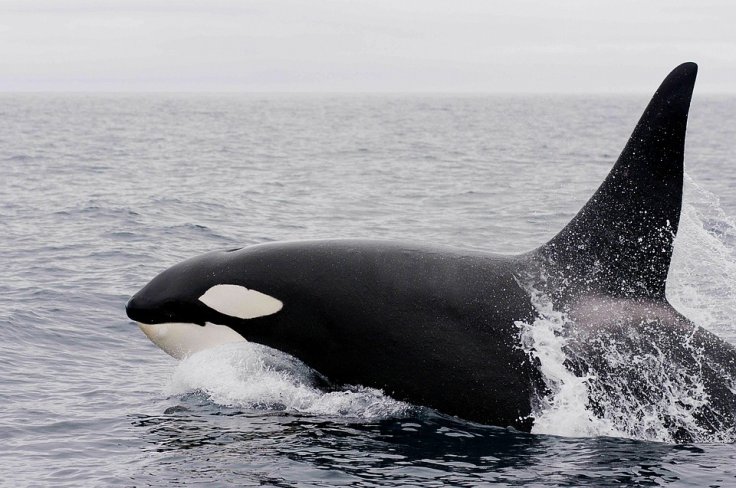
The world knows the list of critically endangered animals, but a small number of people are concerned about their lives and think about how they can be saved. Now, a group of international scientist have announced that they will sequence the genes of critically endangered orcas of the Pacific Northwest to understand the genetics that will help to save them from extinction.
Scientists with the National Oceanic and Atmospheric Administration's Northwest Fisheries Science Center, the charitable environmental organization Nature Conservancy and BGI, a global genomics company have come together to protect orcas by studying their genetics. This collaboration was announced on Thursday, October 4.
This program will include full genome sequencing that is actually the entire genetic code of a living species. Over past two decades, more than 100 southern resident killer whales were located and researchers collected the required samples from living and dead orcas. The initial result is expected to be published next year as these samples need to be analysed properly before coming to a final conclusion.
Scientists stated that the collected information would help them to explain several facts such as, whether internal factors such as inbreeding or genetic variation in immune systems are obstructing the recovery or not.
These marine animals, which are found in every single ocean, have struggled with pollution, boat noise and a dearth of their preferred prey, chinook salmon. In regions like Greenland, Japan, Indonesia, and some Caribbean islands Orcas are still victims of whaling efforts and those who are living in Pacific waters off Russia are still captured and sold into captivity.
As per World Wide Fund for Nature (WWF), Orcas are not an endangered species but some local populations are considered threatened or endangered due to pollution, depletion of prey species, conflicts with fishing activities and vessels, habitat loss, and whaling. Reports stated that southern resident whales, whose numbers hover below 100, are considered endangered by the U.S. Fish and Wildlife Service. According to the annual census, the population of these killer whales has just hit a 30-year low.
Mike Ford, director of conservation biology at the Northwest Fisheries Science Center in Seattle said during a news conference in BGI's Seattle office, "This will help us fill in some really critical gaps in our understanding about why the population is not recovering. As we fill in those gaps that will lead us to potentially better solutions" and added that "Inbreeding could be a problem but we don't have enough data to study that in-depth."
The marine researcher has found that the female killer whales are facing a pregnancy issue due to the nutritional stress linked to lack of salmon. A study by the University of Washington and other researchers have shown that two-thirds of the orcas' pregnancies failed between 2007 and 2014.
The CEO of BGI Groups USA in Seattle, Yiwu He stated that the genome sequencing would help to understand why these marine creatures are not reproducing and added that the company has extensive experience on sequencing genomes of humans, plants and many animals. In this project, BGI will provide the analyses and results to US fisheries biologists and other scientists, who will compare the finding to the genomes of the Alaska population of killer whales.
In addition to that Ford said, "We don't know what we're going to find. Maybe we'll learn something new about the population that we don't already know."









